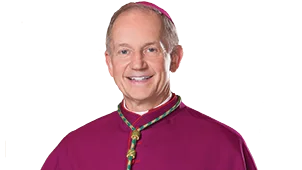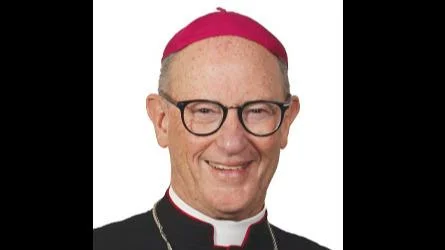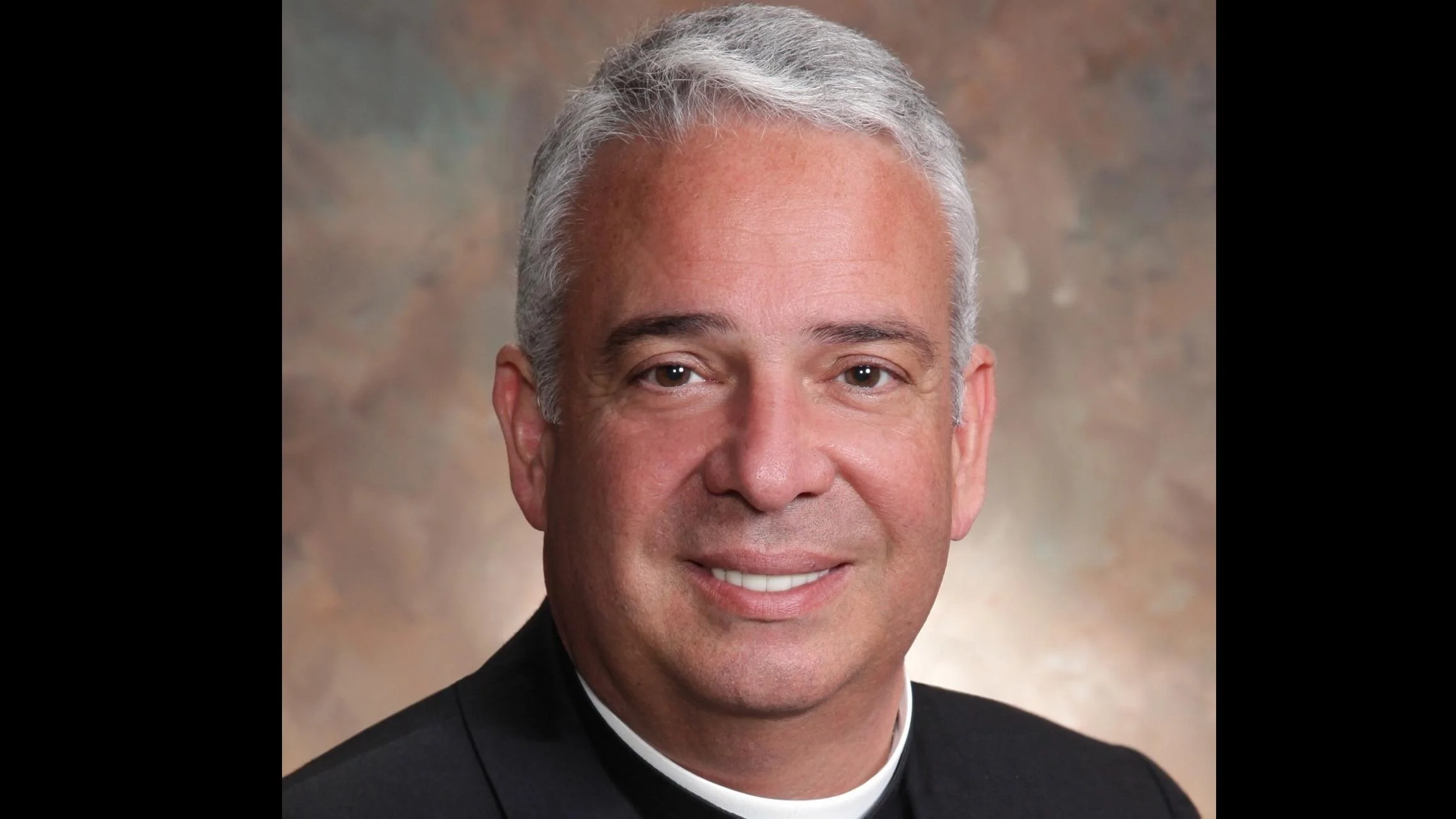
Bishop Thomas John Paprocki | Diocese of Springfield
When people pray for others to change their behavior or for specific outcomes, questions often arise about how these prayers relate to the concept of free will. Justin from Alton raised this issue, asking whether praying for someone's conversion or success interferes with that person's freedom to choose.
Father Richard Chiola, pastor emeritus of St. Francis Xavier Cabrini in Springfield, addressed this question by distinguishing between wanting something and having the freedom to achieve it. He explained, "You ask a question that is as old as human life on Earth, but any idea of 'total free will' begins with our attempts to get something we want from our parents. As we grow up, we confuse our wants with our freedom to get them fulfilled. Real freedom of will is the freedom to choose what allows us to be ourself. Not everything we want helps us to be truly ourself. For instance, drugs or porn are substitutions for being truly free to be yourself with others."
Father Chiola also commented on common misunderstandings about prayer: "Our idea of prayer is often just asking for what we want, and then we confuse God with a parent who may or may not give it to us. But the Bible teaches that all God’s promises are always a 'yes' to us in Christ, so that we are able to respond 'Amen' in Him (2 Corinthians 1:20). Of course, 'Amen' is Hebrew for 'Let it be so.' God who created us with the freedom to choose what will fulfill us, is also the God who sent Jesus to show us how to live in freedom. In fact, we use one of His prayers, the Our Father, frequently."
He described prayer as a personal conversation with God: "Prayer is a heart-to-heart conversation with God, just as Jesus shows us when He prays often in the Gospels. In our heart-to-heart conversation, Jesus told us to ask for anything we want, and it will be given to us. We mistakenly think that means we should just get what we want. No, we will receive what is the deepest part of what we are asking, that which make us more truly ourself before God and with others. Praying for someone to be converted from destructive behaviors is praying for that person to find fulfillment in relationship with himself, God, and others. It is praying with the heart and mind of Christ."
Addressing whether prayers directly cause changes in others’ actions or circumstances—and thus might limit their free will—Father Chiola said: "If converted, would God have directly acted to change that person’s behavior because of our prayers? That depends on what you mean by direct action. St. Augustine, Pope Leo’s mentor, taught that our prayers do not change God’s mind but do change us to receive all that God wants to give us. We call this being in communion with God in prayer, not cause and effect like a nuclear blast."
He compared this relationship between prayer and free will using marriage as an example: "Being in communion with someone is what marriage is all about. Would you say a couple did not have free will because each had been praying for the person they would marry for years before they ever met? There is a function in the universe called contingency. It means things do not have to be the way they are and will change to be different. God works within the contingence of the universe by working in communion with our freedom of will."
Father Chiola holds advanced degrees in theology and counseling and has served both as a pastor and counselor.






 Alerts Sign-up
Alerts Sign-up